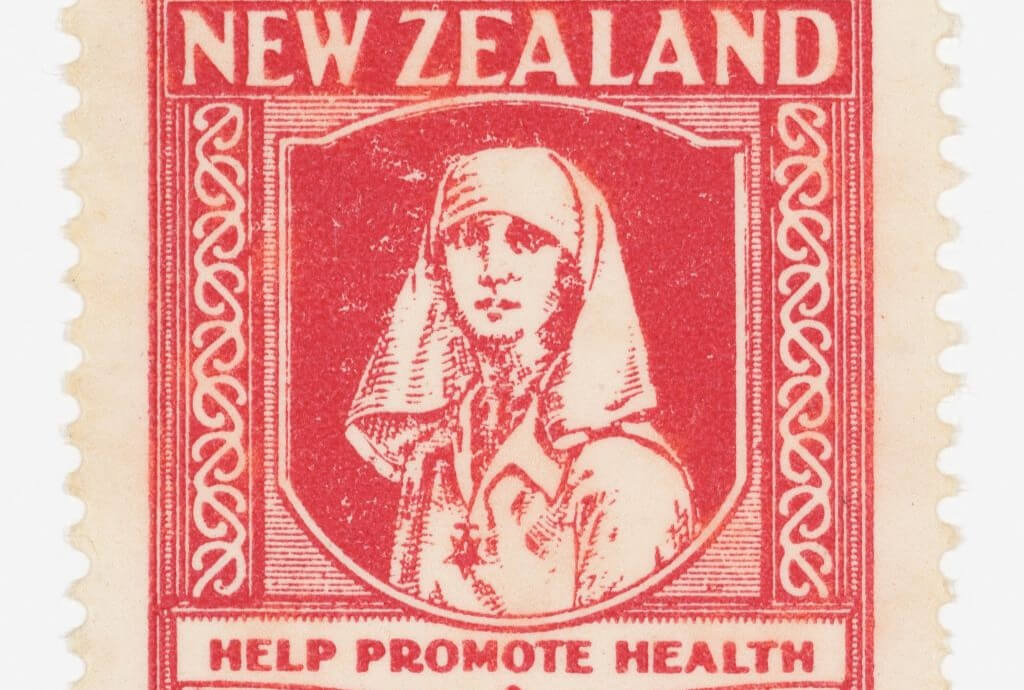Summarised by Centrist
The government’s plan to replace petrol tax with road user charges for all vehicles has opened the door to a GPS-linked tracking system.
Auckland-based firm Eroad, which saw its stock surge 30 percent after the announcement, is pushing a $40 “smart tag” that sticks to your windscreen. Every movement could become recordable, although Eroad argues the Privacy Act 2020 means it won’t share your location data without a warrant.
The tag is based on RFID technology, with GPS as a possible add-on. The system is also pitched as a payment gateway for tolls and congestion charges, tying all vehicle-related fees to a single data stream.
The Office of the Privacy Commissioner warned that this data could “reveal a lot about a person’s life and habits” and has joined the Ministry of Transport to shape the rules.
Transport Minister Chris Bishop promised the switch would make petrol cheaper by removing fuel tax and GST. But the trade-off is surveillance. Vehicles made in the past decade already allow apps to extract odometer data. For older models, Eroad’s RFID tag would fill the gap.
Economist Eric Crampton said privacy protections must be built in from the start and could become a point of competition between providers. Still, he admitted tracking a private vehicle is very different from monitoring a commercial truck.
New Zealand is the first country to propose road user charging for all vehicles.



















